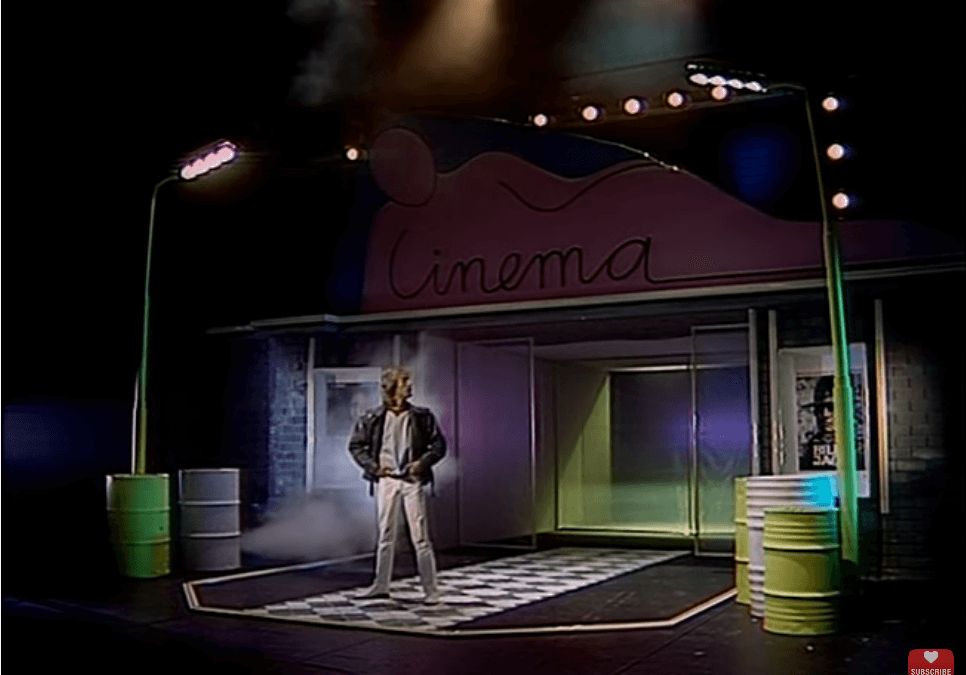Introduction:
A City of Lights, A Heart in Shadows: Robin Gibb’s “Another Lonely Night in New York”
In the shimmering skyline of New York, where dreams burn bright against the restless night, there exists a quiet ache that only a few songs have ever captured. Robin Gibb’s “Another Lonely Night in New York” is one of those rare moments in music where melancholy finds beauty, and solitude becomes poetry. Released in 1983, the song stands as both a confession and a cinematic portrait — a man’s inner voice echoing through the endless hum of a city that never sleeps, yet somehow always feels a little empty.
From the very first notes, Robin’s haunting tenor weaves a story of longing and disconnection. His voice — fragile, yearning, and steeped in sincerity — seems to float above the neon lights and distant sirens, as if he were watching the city from a high apartment window, whispering his heartbreak to the skyline. The melody moves gently, like the pulse of midnight, while the lyrics paint an image of a soul adrift in the vastness of urban life. It’s not just a love song; it’s a quiet cry for connection in a world that’s moving too fast to notice the lonely ones left behind.
At its core, “Another Lonely Night in New York” reflects Robin Gibb’s unique artistic spirit — introspective, romantic, and unafraid of vulnerability. Unlike the glittering disco anthems that defined the Bee Gees’ global fame, this song belongs to the realm of introspection, a moment where Robin stepped away from the spotlight to let his own emotional truth breathe. The result is timeless — a piece of 1980s pop elegance wrapped in cinematic melancholy.
There’s something deeply human in the way the song unfolds. You can feel the pulse of city lights, the rhythm of passing footsteps, the silence of an empty room waiting for someone who will never return. And within that stillness, Robin’s voice becomes a companion — gentle, honest, and heartbreakingly real. He doesn’t sing to impress; he sings to be understood.
Decades later, “Another Lonely Night in New York” still resonates with anyone who has ever felt alone in a crowd or loved someone across an unbridgeable distance. It reminds us that loneliness is not just isolation — it’s the echo of love once present, and the hope that somehow, somewhere, someone might still be listening.
In this song, Robin Gibb gave the world more than music. He offered a piece of his soul — a mirror for every listener who has ever watched the city lights blur through tears and whispered, “I know exactly how that feels.”
